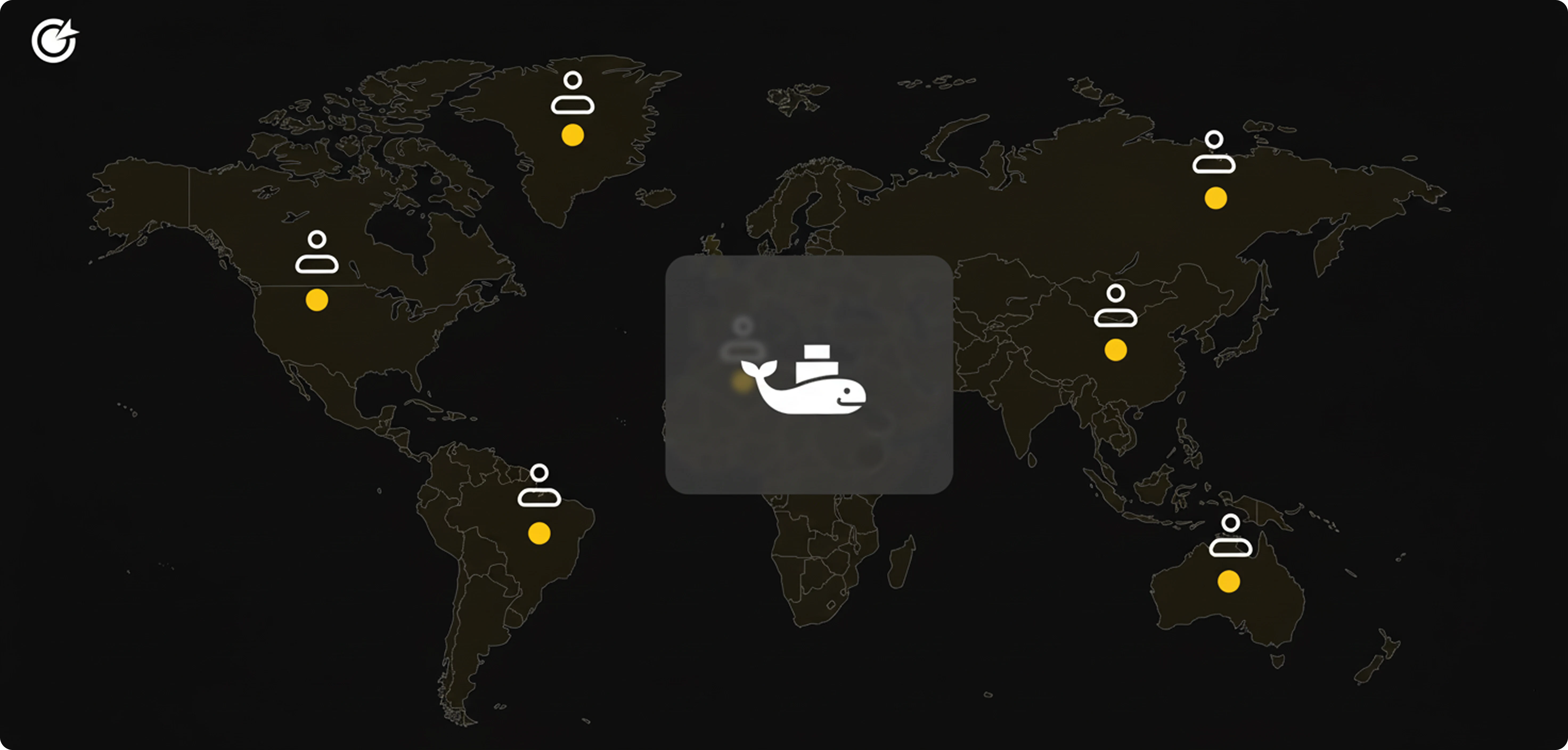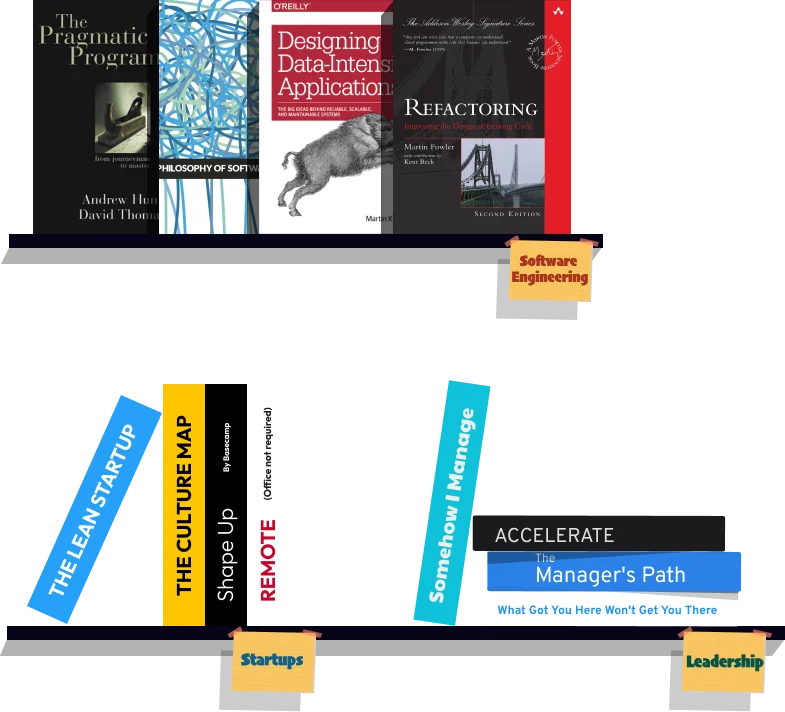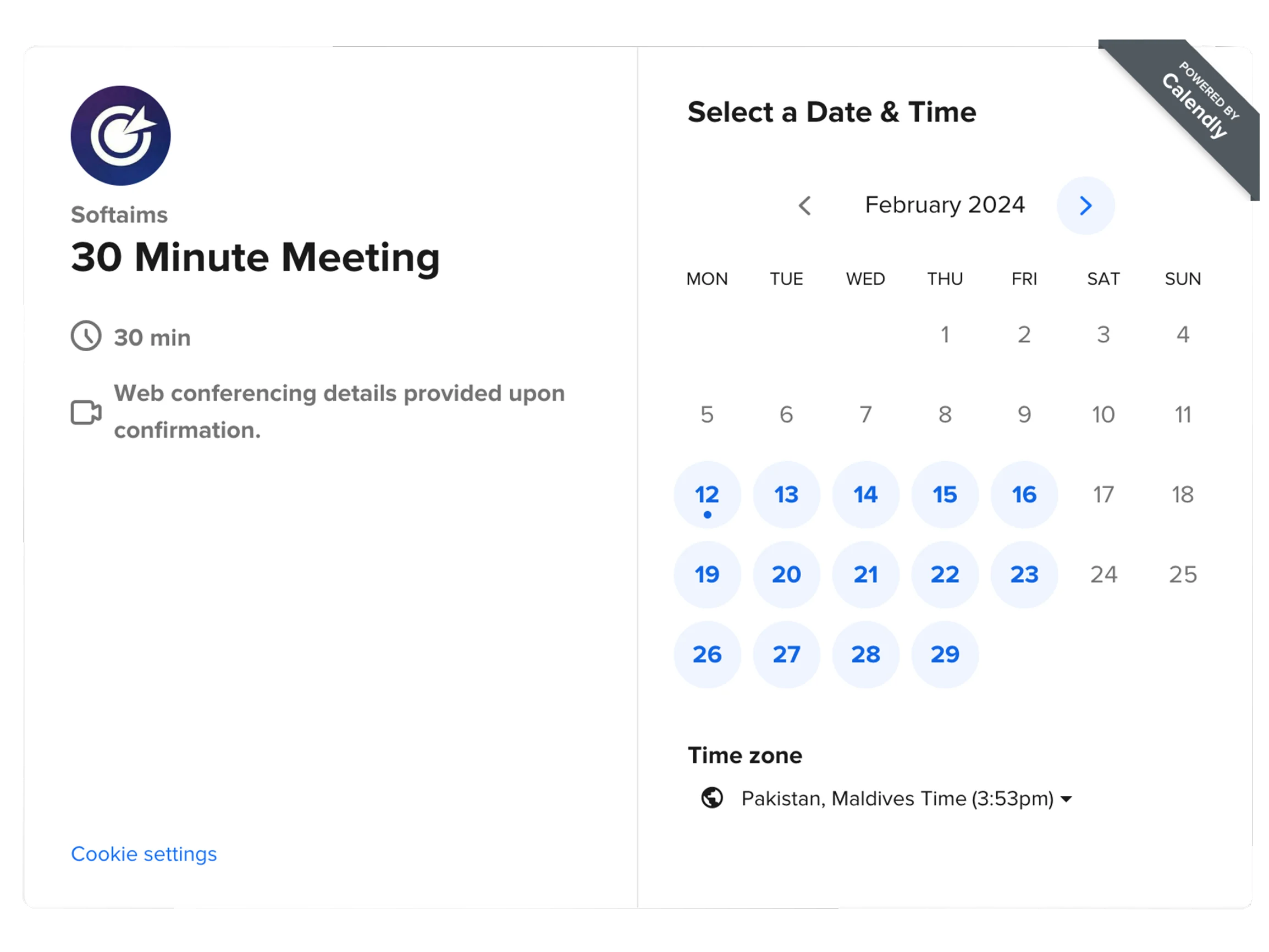The Power of Consistency and Portability with Docker
A developer or engineer with deep Docker expertise is a professional who has mastered the art of containerization. They use Docker to package applications and all of their dependencies into a single, lightweight, and portable unit called a container. This solves the classic "it works on my machine" problem and revolutionizes how software is built, shipped, and run.

Hiring for this skill, typically in a DevOps or Backend engineering role, is a direct investment in a more efficient and reliable software development lifecycle. Their expertise is crucial for creating consistent development environments, enabling modern microservices architectures, and building the foundation for a scalable and resilient production system.
Docker Fundamentals and Core Concepts
A proficient Docker expert must have a deep, foundational understanding of its core concepts. This includes a clear grasp of the difference between a Docker image (the blueprint) and a Docker container (a running instance of an image). They must be an expert at using the Docker CLI for day-to-day operations like building images, running containers, and managing volumes and networks.
They should be able to explain the underlying technologies that make Docker possible, such as Linux namespaces and cgroups, at a high level. This conceptual knowledge is what allows them to troubleshoot complex issues and make informed decisions about how to containerize an application effectively.
Mastery of The Dockerfile
The heart of creating a Docker image is the Dockerfile. A candidate must have a mastery of writing clean, efficient, and secure Dockerfiles. This goes beyond just stringing together a few commands; it requires a deep understanding of best practices for creating optimized images.
A top-tier professional will be an expert at using multi-stage builds to create small, production-ready images that don't contain unnecessary build tools or source code. They will also know how to structure the Dockerfile to take advantage of layer caching to speed up build times, for example, by copying the package.json file and running npm install before copying the rest of the application code.
Docker Compose for Local Development
Modern applications are rarely a single service; they are often a collection of services that need to work together, such as a web application, a database, and a caching layer. A skilled developer must be an expert at using Docker Compose to define and run multi-container applications for local development.
They should be able to write a clear and concise docker-compose.yml file to orchestrate the entire local environment. This allows any developer on the team to get the entire application stack up and running with a single command (docker-compose up), which is a massive boost for productivity and consistency.
Networking in Docker
For containers to communicate with each other and the outside world, a developer must have a solid understanding of Docker's networking concepts. They should be able to explain the difference between the default bridge network, the host network, and user-defined networks, and know when to use each.
A key skill is the ability to use Docker Compose to create a user-defined network that allows services to discover and communicate with each other using their service names as hostnames. This is the foundation of building a functional, multi-service application with Docker.
Data Persistence with Volumes
Containers are, by default, ephemeral. This means that any data written inside a container is lost when the container is removed. A candidate must be an expert at managing persistent data using Docker volumes. They need to know how to create and mount volumes to a container to store data that needs to survive beyond the container's lifecycle, such as database files.
They should understand the difference between a named volume and a bind mount and be able to make the right choice based on the use case. The ability to manage stateful data correctly is a critical skill for containerizing any non-trivial application.
Container Registries and Image Management
Once a Docker image is built, it needs to be stored in a central location so that it can be shared and deployed. A proficient engineer must be an expert at working with container registries. This includes pushing and pulling images from a public registry like Docker Hub or a private registry provided by a cloud provider, such as Amazon ECR or Google Artifact Registry.
They must also follow best practices for image tagging and versioning to ensure that deployments are predictable and reproducible. A disciplined approach to image management is essential for a professional CI/CD workflow.
Security Best Practices
Securing containers is a critical responsibility. A candidate must have a strong, security-first mindset when it comes to building and running containers. They should be familiar with best practices for writing secure Dockerfiles, such as not running containers as the root user and minimizing the attack surface by only including necessary software in the image.
They should also have experience with tools that can scan container images for known vulnerabilities. Integrating a tool like Trivy or Snyk into the CI/CD pipeline to automatically scan images before they are pushed to a registry is a hallmark of a modern and security-conscious professional.
Container Orchestration
While Docker is used to build and run individual containers, a container orchestration platform is needed to run them at scale in production. A developer with deep Docker skills should have experience with an orchestrator, with Kubernetes being the undisputed industry standard. While this is a deep topic in itself, they should understand the basic concepts.
This includes understanding how an orchestrator automates the deployment, scaling, and management of containerized applications. Even if they are not a Kubernetes expert, they should be able to build container images that are designed to be run in an orchestrated environment, for example, by correctly handling signals for graceful shutdowns.
Debugging and Troubleshooting
When something goes wrong inside a container, it can be more challenging to debug than a traditional application. A skilled engineer must be proficient at troubleshooting running containers. This includes using the Docker CLI to inspect a container's configuration, view its logs (docker logs), and get a shell inside a running container for interactive debugging (docker exec -it ...).
They should have a methodical approach to diagnosing issues, whether it's a networking problem between containers, a file permission issue with a volume, or an application crash. Strong debugging skills are essential for maintaining a stable and reliable containerized system.
How Much Does It Cost to Hire a Docker Expert
The cost to hire a developer or engineer with strong Docker expertise, typically a DevOps or senior backend engineer, is high. This skill is a foundational component of modern software development and deployment, making it extremely valuable in the market. The salary is influenced by their geographic location, overall years of experience, and their proficiency with related technologies like Kubernetes and cloud platforms.
Tech hubs in North America and Western Europe have the highest salary expectations. The following table provides an estimated average annual salary for a mid-level engineer where Docker is a core required skill.
| Country |
Average Annual Salary (USD) |
| United States |
$135,000 |
| Switzerland |
$125,000 |
| United Kingdom |
$90,000 |
| Germany |
$88,000 |
| Canada |
$105,000 |
| Poland |
$68,000 |
| Ukraine |
$62,000 |
| India |
$48,000 |
| Brazil |
$58,000 |
| Netherlands |
$92,000 |
When to Hire Dedicated Docker Experts Versus Freelance Docker Experts
Hiring a dedicated, full-time engineer with Docker expertise is the right choice when containerization is a core part of your long-term technology strategy. A dedicated expert will own the containerization strategy for your organization, establish best practices for writing Dockerfiles, and manage the container orchestration platform. This is a foundational role for any company building a modern, cloud-native application.
Hiring a freelance Docker expert is a highly effective tactical decision for specific, well-defined projects. This is an ideal model for containerizing a legacy application, setting up an initial CI/CD pipeline that builds Docker images, or getting expert help to optimize the security and size of your existing images. Freelancers can provide a burst of specialized expertise to solve a particular problem efficiently.
Why Do Companies Hire Docker Experts
Companies hire Docker experts to achieve consistency and portability across their entire software development lifecycle. By packaging applications into containers, they ensure that the software runs the exact same way on a developer's laptop, in the testing environment, and in production. This eliminates a huge class of bugs and makes the entire development process more reliable and efficient.
Furthermore, Docker is the key enabling technology for modern microservices architectures and cloud-native development. Containers provide the lightweight and isolated runtime environment that microservices need, and they are the standard unit of deployment for all major cloud providers and orchestration platforms like Kubernetes. Expertise in Docker is essential for any company that wants to build scalable, resilient, and modern software.
In conclusion, hiring a top-tier Docker expert requires finding a professional who has a deep and practical understanding of the entire containerization lifecycle. The ideal candidate will combine a mastery of the Dockerfile and local development with Docker Compose with a strong, security-conscious approach to image management and a solid understanding of how containers are run at scale in production. By prioritizing these skills, organizations can build the powerful, consistent, and portable foundation that is essential for modern, high-velocity software development.



































